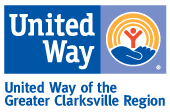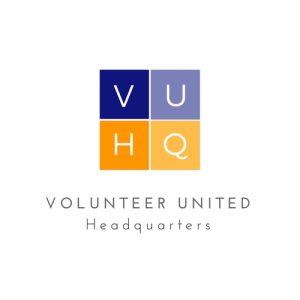ADDRESSING THE MOST CRITICAL COMMUNITY ISSUES
United Way of the Greater Clarksville Region partners with Austin Peay State University to conduct a Community Needs Assessment. This study helps identify our community’s most critical concerns and effectively align resources to meet those needs most effectively. Click below to view more information regarding the most recent study:
- 2016 FOCUS GROUP STUDY INFOGRAPHIC
- 2016 FOCUS GROUP STUDY FULL REPORT
- 2014-2015 COMMUNITY NEEDS ASSESSMENT INFOGRAPHIC PRESENTATION
BASIC NEEDS
United Way of the Greater Clarksville Region envisions a community working together to provide families and the homeless in crisis the tools they need for a better future.
Your donations help fund:
- Reducing hunger
- Provides housing stability
- Increases earning
- Prevents domestic violence
EDUCATION
United Way of the Greater Clarksville Region envisions a community where everyone in our communities has the opportunity for education that is life-changing. United Way of the Greater Clarksville Region assists schools, parents, and other key community partners to help kids and adults have success in school and life.
Your donations help fund:
- Supports early learning
- Ensures early-grade literacy
- Provides enrichment programs
- Adult literacy
Funding sustainable initiatives targeting at-risk populations that support early childhood education with a specific focus on early literacy programs such as Read United. Having alternative programs for adult aged individuals that will enable them to earn a high school diploma and to obtain life-changing employable skills!
HEALTH
United Way of the Greater Clarksville Region envisions a community that is healthy and allows people to live independently. Healthy choices are the cornerstone for community decisions and health needs are met locally and affordably.
Your donations help fund:
- Provides health care access
- Increases healthy behaviors
- Maximizes independence
Programs that provide whole-person care and increase access/reduce barriers to one or more of the following areas: medical, dental, behavioral healthcare, or other basic needs for achieving and maintaining health for the most our most vulnerable communities.

